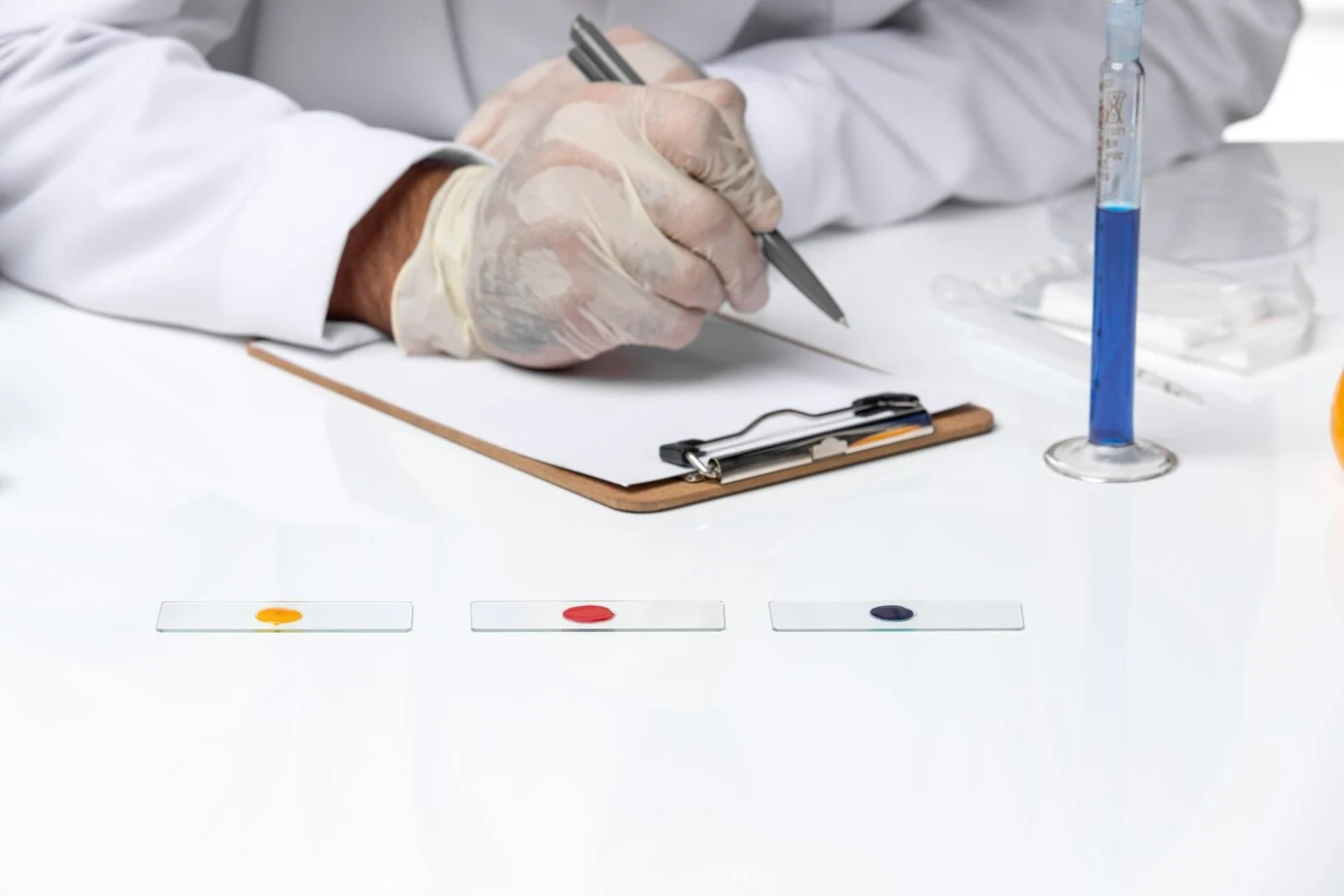critical appraisal of clinical research is an essential skill for healthcare professionals. It allows for the systematic evaluation of research evidence, ensuring that clinical decisions are based on high-quality, relevant data.
This process is crucial for advancing medical knowledge and improving patient outcomes.

Why is Critical Appraisal Important in Healthcare?
Critical appraisal is vital in healthcare for several reasons:
- Ensures Validity: It helps in distinguishing between high-quality and flawed research.
- Guides Clinical Practice: Provides evidence-based data to inform clinical decisions.
- Enhances Patient Care: Leads to better treatment plans and improved patient outcomes.
- Promotes Continuous Learning: Encourages healthcare professionals to stay updated with the latest research.
How Can Critical Appraisal Help in Nursing?
Nurses benefit from critical appraisal by:
- Improving Clinical Judgment: Enhancing decision-making skills in patient care.
- Evidence-Based Practice: Implementing the best available evidence into nursing practice.
- Professional Development: Contributing to lifelong learning and professional growth.
- Patient Advocacy: Ensuring patient treatments are based on robust evidence.
How to Critically Appraise Clinical Research

Critical appraisal involves several steps:
- Understanding the Research Question: Clarify the study’s objective and hypothesis.
- Evaluating Study Design: Assess the appropriateness of the study design for the research question.
- Assessing Methodology: Check for sampling methods, data collection procedures, and statistical analyses.
- Analyzing Results: Interpret the findings and their relevance to clinical practice.
- Considering Ethical Aspects: Ensure the study adheres to ethical guidelines.
- Reviewing Conclusions: Determine if the conclusions are supported by the data.
Is Critical Appraisal of Clinical Research Performed in the Same Way?
While the principles remain consistent, the approach can vary:
- Study Type: Randomized controlled trials, cohort studies, and case-control studies each require different appraisal techniques.
- Field of Medicine: Different specialties may emphasize certain aspects of the research.
- Purpose of Appraisal: Clinical implementation, policy-making, or academic research may focus on different appraisal elements.
How Critical Thinking Can Help with Career Development for Medical Professionals
Critical thinking fosters career growth in the medical field by:
- Enhancing Problem-Solving Skills: Leading to more effective and innovative solutions in patient care.
- Improving Communication: Facilitating better dialogue with colleagues and patients.
- Promoting Leadership: Developing the ability to guide teams and make informed decisions.
- Encouraging Lifelong Learning: Fostering an environment of continuous improvement and knowledge acquisition.
People Also Ask
How Do You Write a critical appraisal of clinical research?
To write a critical appraisal of clinical research:
- Introduction: Present the research question and its importance.
- Methodology: Describe the study design, population, and data collection methods.
- Results: Summarize the findings and their statistical significance.
- Discussion: Analyze the implications of the results and their relevance to practice.
- Conclusion: Provide a final assessment of the study’s validity and applicability.
What is a Critical Appraisal in Medical Information?
A critical appraisal of clinical research is a systematic evaluation of research to determine its validity, reliability, and applicability in a clinical context. It involves assessing the study’s methodology, results, and relevance to ensure it provides accurate and useful information for medical practice.
What are critical appraisal of clinical research Skills in Healthcare?
critical appraisal of clinical research skills include:
- Analytical Thinking: Ability to systematically evaluate research.
- Statistical Knowledge: Understanding statistical methods and their application.
- Methodological Insight: Recognizing appropriate study designs and methodologies.
- Critical Reasoning: Judging the reliability and validity of research findings.
- Ethical Awareness: Ensuring studies comply with ethical standards.
How to Critically Analyze a Medical Article?
To critically analyze a medical article:
- Read Thoroughly: Understand the research question and study objectives.
- Assess Study Design: Evaluate if the design is appropriate for the research question.
- Examine Methodology: Check for rigorous and unbiased data collection and analysis methods.
- Interpret Results: Determine if the results are statistically significant and clinically relevant.
- Review Discussion and Conclusion: Ensure the conclusions are supported by the data and discuss any potential biases or limitations.
